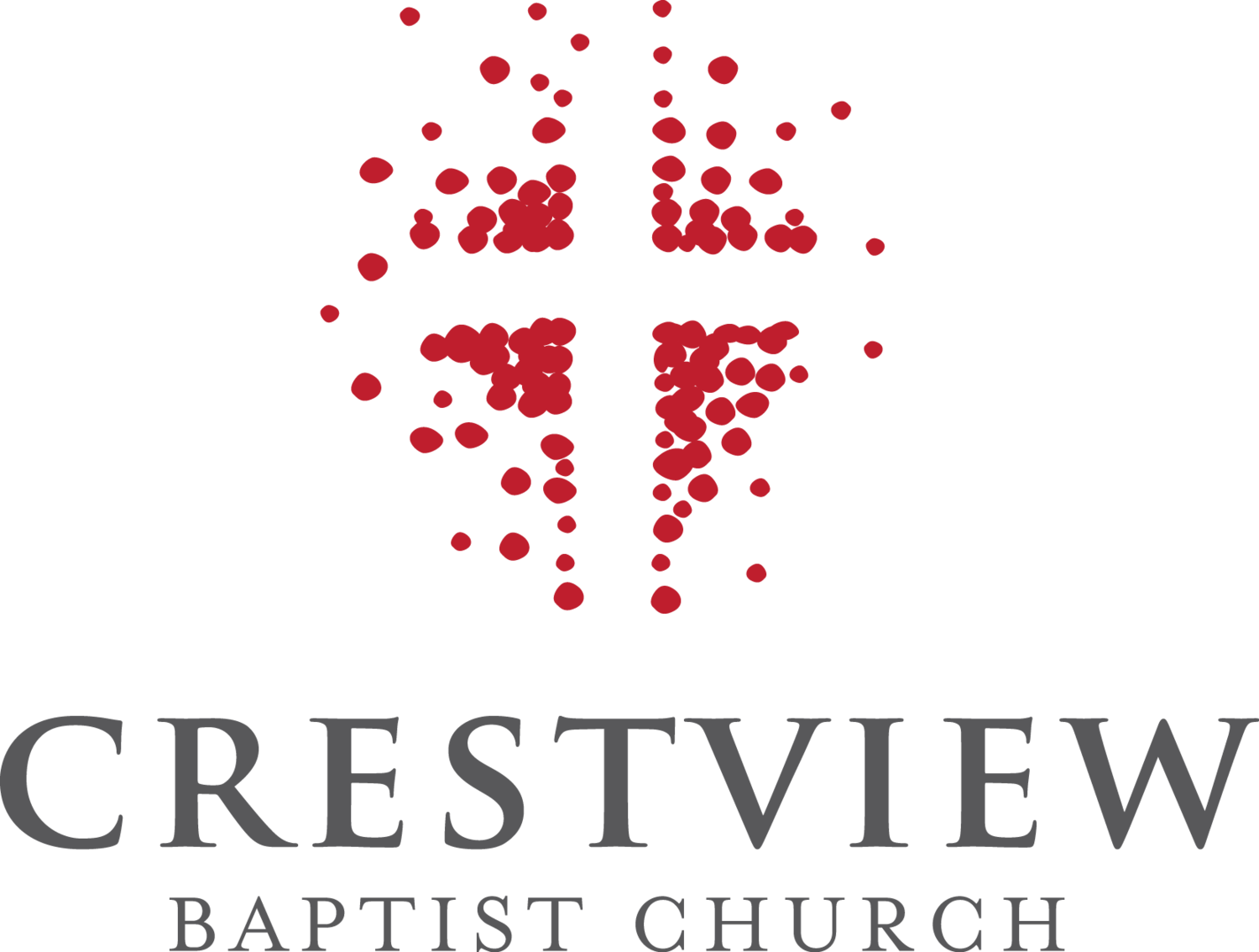I am excited to announce that we are considering a new mission partnership with The Pillar Network. During the elders’ report at the Aug 17 members meeting, we will present this partnership for the church’s information. In this article, I introduce you to Pillar, explain the value of partnership, describe practically what partnership would look like for us, and outline the next steps.
What is The Pillar Network?
The Pillar Network is a community of Southern Baptist and international Baptist churches that are doctrinally aligned, missionally driven, and committed to equipping, planting, and revitalizing churches together. Through relationships formed with agreement around theology and healthy church doctrine and practice, Pillar churches can confidently support Great Commission efforts they trust will uphold the same priorities. I encourage you to learn more about Pillar through their website: The Pillar Network
Pillar Church DNA:
Gospel Proclamation: We proclaim the gospel of our Sovereign Lord and Savior Jesus Christ.
Biblical Authority: We submit to the Bible as our final authority in life, faith, and doctrine.
Live Exposition: We promote live, expository preaching to equip the church.
Elder Led: We believe in congregationalism, led by a plurality of qualified, male elders.
Confessionally Baptist: We unite around historic, Baptist theology.
Kingdom Minded: We cooperate to start and strengthen churches all over the world.
Statement of Faith:
All Pillar churches affirm the Baptist Faith and Message 2000. Further, the Network gladly stands in the reformed tradition clarified in the Pillar Statement of Faith: Beliefs. The Network also affirms the Abstract of Principles, the Chicago Statement on Biblical Inerrancy, the Danvers Statement, and the Nashville Statement.
I believe that when you consider the Pillar DNA, Statement of Faith, and affirmations, you will find that they reflect the priorities largely shared by Crestview.
What Does the Pillar Network Do?
The Network catalyzes SBC churches to plant and revitalize churches in the US and worldwide.
Each Pillar church partners directly with at least one other plant/revitalization effort within the Network, providing financial, relational, practical, and prayer support.
Each Pillar church financially supports the work of the Network.
Each Pillar church invests in relationships within the Network by attending conferences, regional events, and Zoom calls.
Why would this partnership be valuable for Crestview?
Partnership will stir our awareness, involvement, and confidence in church planting and revitalization worldwide. It will boost our Great Commission efforts through the SBC. This is about GREATER missions and evangelism.
Partnership will connect us with a network of like-minded SBC churches. Crestview already has longstanding partnerships with the SBC, GBC, and FRBA. We intend to keep these traditional partnerships and support the Cooperative Program, the IMB, and NAMB. Partnering with Pillar enables us to achieve DEEPER, CONFIDENT cooperation WITHIN these partnerships. It helps us to continue in the SBC gladly.
Virtually all new Pillar churches receive NAMB support. Yet, NAMB also supports a broader circle of churches that do not share our convictions about what constitutes a healthy local church. We want Crestview to support planting churches that possess sound doctrine and healthy, biblical practices. Partnering with Pillar helps us to find NAMB churches that we can confidently support.
Pillar is a growing network that is gaining influence in the SBC. We want Crestview to raise our flag and support Pillar’s impact. We do not want to watch from the sidelines while Pillar churches labor together to strengthen our convention. This Network is our tribe of churches and a movement that Crestview should happily join.
Practically, what would this partnership look like for Crestview?
Crestview would add The Pillar Network alongside our longstanding partnerships with the SBC, GBC, and FRBA. We will continue to support the Cooperative Program, IMB, NAMB, and our regular missions offerings.
We will begin building relationships with other Pillar churches by attending network conferences and other events.
We will develop a partnership with at least one Pillar church plant in the US or internationally. Such would include mission trips, financial support, encouragement, and prayer.
We would add Pillar to our church ministry budget, aiming to increase our support to 1% or more as we are able.
What are the next steps for the church's consideration?
Our elders have been watching Pillar for several years, attending a few Pillar events, and slowly evaluating whether this is a wise partnership for Crestview. We believe that it is, but we want the church to affirm this partnership. At the Aug 17 members meeting, we will give a presentation about Pillar and ask the church to begin prayerfully considering this opportunity. Our recommendation will be for the church to affirm partnership at our Nov 16 members meeting. This schedule allows three months for you to learn about Pillar, ask questions, and help us make a wise, unified partnership decision.
For His Glory,
Pastor Thomas



